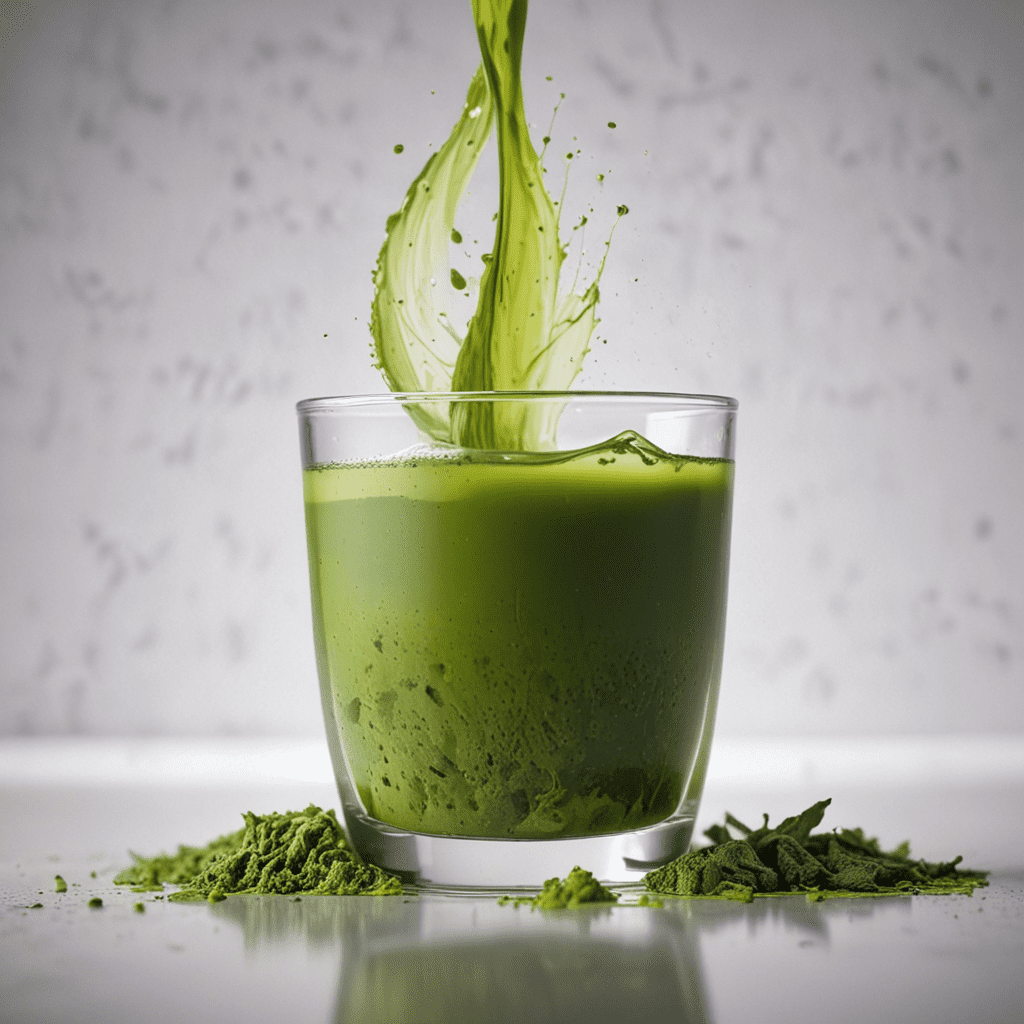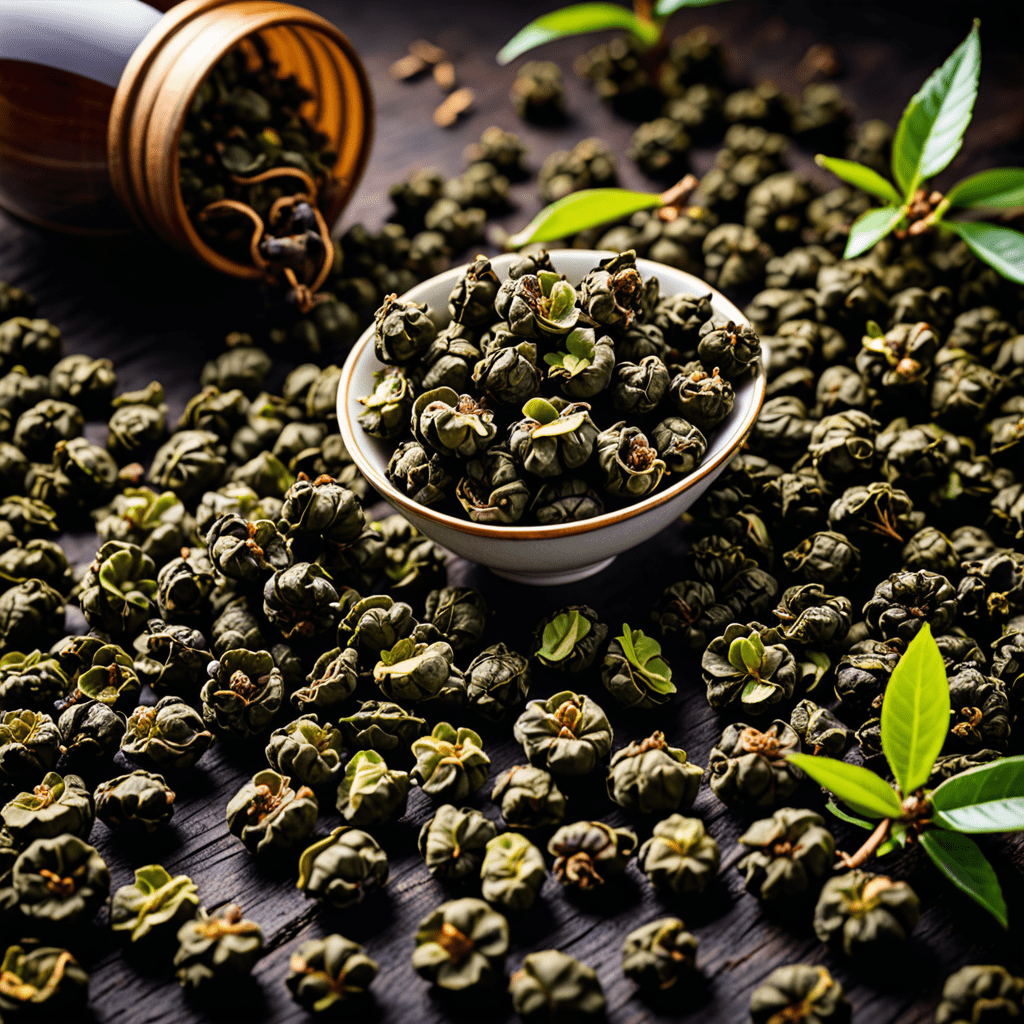Introduction
Matcha, a finely ground green tea powder, has been revered for centuries for its exceptional health benefits, including its impact on cardiovascular function. Matcha's unique properties, derived from the whole tea leaf, provide a potent combination of antioxidants and other beneficial compounds that can significantly influence blood circulation. This article explores the fascinating history of matcha and its profound effects on our cardiovascular system.
The History of Matcha and Blood Circulation
Matcha's origins can be traced back to ancient China, where Taoist monks consumed it for its energizing and meditative qualities. During the 12th century, matcha was introduced to Japan by Zen Buddhist monks, where it became an integral part of the tea ceremony and played a significant role in traditional medicine. Throughout history, matcha has been recognized for its ability to improve heart health, enhance circulation, and promote overall well-being.
The Chemical Composition of Matcha
Matcha is a concentrated source of polyphenols, particularly catechins, which are powerful antioxidants that have been linked to numerous health benefits. The most abundant catechin in matcha is epigallocatechin gallate (EGCG), which exhibits exceptional antioxidant and anti-inflammatory properties. Matcha also contains other beneficial compounds, including vitamins, minerals, amino acids, and fiber.
The Impact of Matcha on Blood Pressure
Matcha has been shown to have a positive impact on blood pressure. The catechins present in matcha act as vasodilators, relaxing blood vessels and reducing resistance to blood flow. This relaxation effect can lead to a decrease in both systolic and diastolic blood pressure. Studies have demonstrated that regular consumption of matcha can significantly lower blood pressure in individuals with mild to moderate hypertension.
The Impact of Matcha on Cholesterol Levels
Matcha's beneficial compounds, including EGCG and other catechins, have been shown to positively influence cholesterol levels. Catechins can inhibit the absorption of cholesterol in the intestines and promote the excretion of cholesterol in the bile. Additionally, matcha may reduce the oxidation of LDL (bad) cholesterol, thereby minimizing its atherogenic effects. Studies suggest that regular matcha consumption can lead to a reduction in total cholesterol and LDL cholesterol levels while increasing HDL (good) cholesterol levels.
The Impact of Matcha on Blood Sugar Levels
Matcha can moderate blood sugar levels by inhibiting the absorption of glucose in the intestines. This effect is attributed to the presence of polyphenols, particularly epigallocatechin gallate (EGCG). EGCG interacts with enzymes involved in glucose absorption, slowing down the process and preventing rapid spikes in blood sugar levels. Matcha's ability to regulate blood sugar makes it a potential dietary aid for individuals with diabetes or those at risk of developing it.
The Impact of Matcha on Inflammation
Inflammation plays a significant role in the development of cardiovascular diseases. Matcha, with its potent anti-inflammatory compounds, can effectively combat inflammation throughout the body. Catechins have been shown to inhibit the production of pro-inflammatory cytokines and enhance the production of anti-inflammatory cytokines. By reducing inflammation, matcha can protect blood vessels from damage and improve overall cardiovascular health.
The Impact of Matcha on Blood Viscosity
Blood viscosity refers to the thickness of the blood, which can impact blood flow. Matcha's polyphenols, particularly EGCG, have anticoagulant properties that can reduce blood viscosity. By thinning the blood, matcha promotes smoother blood flow, reduces the risk of blood clots, and improves microcirculation.
The Impact of Matcha on Heart Function
Matcha's cardiovascular benefits extend to supporting healthy heart function. The anti-inflammatory and antioxidant properties of matcha can protect the heart from damage and improve its overall function. Studies have indicated that matcha consumption can reduce the risk of heart failure and improve cardiac contractility. Additionally, matcha may enhance endothelial function, promoting blood vessel health and reducing the risk of heart disease.
Conclusion
Matcha, with its rich array of polyphenols, vitamins, and minerals, offers numerous health benefits, including significant effects on cardiovascular function. Its ability to improve blood pressure, cholesterol levels, blood sugar levels, inflammation, blood viscosity, and heart function makes matcha a valuable dietary addition for maintaining a healthy cardiovascular system. By incorporating matcha into their daily routine, individuals can harness its potent properties to promote heart health and overall well-being.
FAQs
Q: How much matcha should I consume daily for cardiovascular benefits?
A: The recommended daily intake of matcha for cardiovascular benefits is around 2-3 grams, which is approximately 1-2 cups of brewed tea.
Q: Can matcha interact with any medications?
A: Matcha may interact with certain medications, such as blood thinners and caffeine-sensitive drugs. It is important to consult with a healthcare professional before consuming matcha if you are taking any medications.
Q: Is matcha safe for pregnant or breastfeeding women?
A: While matcha contains caffeine, the levels are lower compared to coffee. However, pregnant and breastfeeding women should consult with their healthcare provider before consuming matcha, as caffeine intake should be limited during these periods.
Q: What is the best way to brew matcha for maximum cardiovascular benefits?
A: To brew matcha for maximum cardiovascular benefits, use high-quality matcha powder and whisk it with hot water (70-80°C/158-176°F) until a smooth, frothy consistency is achieved. Avoid boiling the water, as high temperatures can degrade some of the beneficial compounds in matcha.



